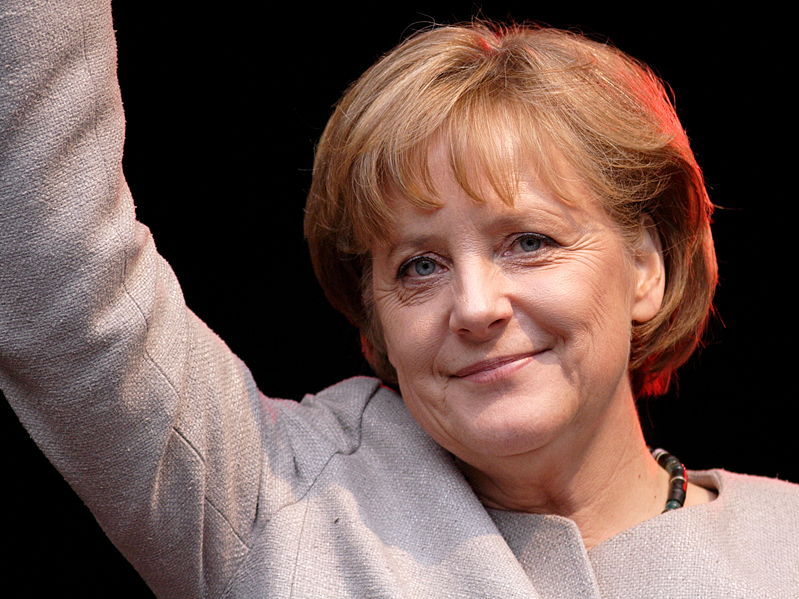 It is more than 100 days since Guido Westerwelle became Germany’s foreign minister and the questions about Germany’s diplomatic introspection remain. They may have even grown and are becoming problematic for Berlin’s allies.
It is more than 100 days since Guido Westerwelle became Germany’s foreign minister and the questions about Germany’s diplomatic introspection remain. They may have even grown and are becoming problematic for Berlin’s allies.
Chancellor Schröder appeared to follow a Sonderweg, a philosophy that saw Berlin move away from old notions of peacemaking and away from old alliances, such as that with the United States. At times, he seemed to want a new axis between Paris, Berlin, and Moscow, making Germany a go-between between East and West, a kind of post-modern Tito.
Angela Merkel’s first term addressed the worst excesses of the Schröder years, but the vagaries of coalition government meant that Germany continued in awkward mode. The recent German election offered Mrs Merkel an opportunity. Freed from her alliance with the Social Democrats, she could now forge the foreign policy that everyone assumed she really wanted.
But it has not quite turned out that way. In Newsweek, Stefan Theil, lays out the problem:
‘Neither Merkel nor her country is in much of a mood to lead. Over the two decades since its reunification, Germany has turned into a sated and inward-looking power concerned more than anything with preserving the status quo. Merkel has become Germany’s most popular leader since World War II by promising Germans continuity, and won re-election in September 2009 on a platform of avoiding change and reform.’
One of Germany’s leading foreign policy analysts, Constanze Stelzenmüller, concurs. She calls her homeland “the self-constrained republic” and argues that because “German security policy has been repeatedly forced into the Procrustean bed of moral necessity, domestic imperatives, or the demands of external alliances” foreign policy has been dictated by caveats instead of a strategic goals. As a result, Stelzenmüller says, only four battalions of the 253,000-strong army are ready for combat operations. “The military leadership is holding on to compulsory military service because they see it as the cheapest way to attract qualified personnel; in reality it is merely tying up valuable resources. Rigid rules of engagement, inadequate equipment, and above all a public debate that denies operational realities”.
Europe’s post-World War II task was to keep Germany down. Now, it is to make Berlin assume the leadership its size, economy and position demands – but in a way that is in the service of the alliances and ideals that helped the country emerge from Hitler’s rule.






Comments